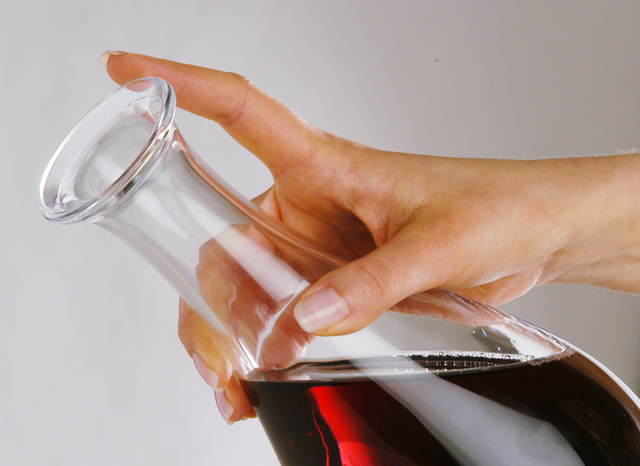Resveratrol, a substitute for aspirin, is an antioxidant, anti-inflammatory substance put together from a variety of plants, including vines to peanuts and pine trees.
Asian medicine has used Resveratrol for centuries in treating heart problems. It helps to lower cholesterol as well as preventing blood clots.
Resveratrol is cultivated from the stems, leaves, and skins of grapes. And even though a glass or two of red wine each day may lower the risk of heart disease, one recent study shows that alcohol-free red wine works just as well.
The alcohol free version of Resveratrol is available in purple grape juice, red or purple grapes, and peanuts. But, because of the fermenting process in wine, resveratrol levels are higher in red than in grape juice grape juice.
Besides aiding in heart health, studies have shown that resveratrol can help prevent colds, increase the levels of HDL (good) cholesterol, lower the risk of Alzheimer’s, reduce the size and number of fat cells in the body, reduce the risk of prostate cancer, and has anti-inflammatory properties.
Resveratrol may also work better than aspirin for cardiovascular protection. Resveratrol protects the heart by limiting the effects of cardiac fibrosis.
Ask your doctor about using Resveratrol as an aspirin substitute.

You need to drink gallons of red wine a day in order to have the amount of resveratrol that will benefit your heart. Since so much alcohol consumption is not wise and can have harmful effects on your health, it is always better to take resveratrol in the form of supplements. Supplements like Red Defense will give you a resveratrol content equivalent to 36 glasses of red wine in just one capsule. It also contains the bio-available form of resveratrol called Trans-resveratrol. This functions as a powerful antioxidant. It helps to prevent blockages in the artery, helps to regulate good cholesterol levels, and helps to improve blood circulation.